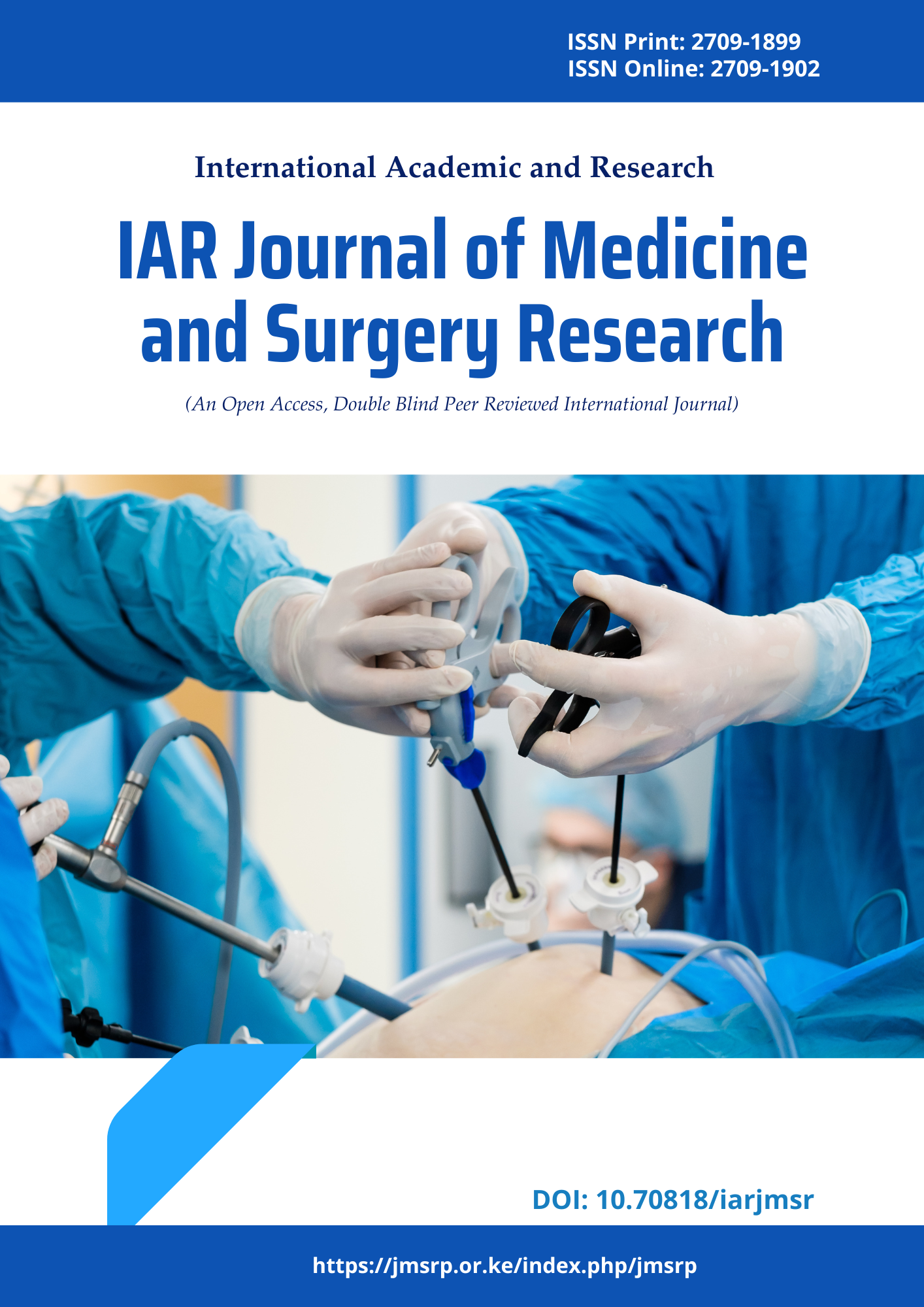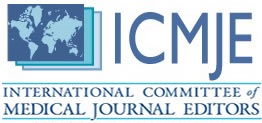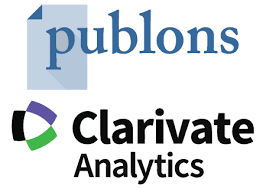A multicentric study on Clinical, microbiological and psychologicalaspects of human toxoplasmosis in pregnant women of South-Eastregions of India
DOI:
https://doi.org/10.47310/iarjmsr.2023.V04i02.01Keywords:
Human toxoplasmosis, ELISA, Lymphadenopathy, Retinochoroiditis.Abstract
Introduction: Serological tests based on the detection of specific IgG and IgM antibodies are the primary diagnostic methods for Toxoplasma infection. Prompt diagnosis of maternal seroconversion during pregnancy is necessary to prevent transmission to the foetus, by means of specific treatment, and also to permit close monitoring of at-risk foetuses and neonates. Material and Methods: This prospective multicentric study was conducted to evaluate the seroprevalence of T. gondii in humans and to determine various risk factors and psychiatry comorbidity associated with the disease. During the study, samples were collected from randomly selected pregnant women at various centres. Sera were sent to laboratory for antibody detection by ELISA. Proper history was recorded and psychiatry evaluation was done. Results: Most of patients belonged to 31-40 years (28.3%) followed by 21-30 years (21.6%), 41-50 years (18.3%) and least were belongs to 15-20 years (15%). Most of the patients showed Fever, Lymphadenopathy, Abdominal pain as presenting symptoms. In our study, women reported higher scores of somatizations, depression and phobic anxiety. Eating of raw or undercooked meat and inappropriately washed vegetables were identified as two important risk factors for maternal toxoplasmosis. Conclusion: Although most immunocompetent individuals infected with toxoplasmosis remain asymptomatic throughout life, this parasite can cause many complications in immunocompromised patients and in pregnant women. Newborns presenting with congenital toxoplasmosis can be asymptomatic but can also develop retinochoroiditis and serious CNS complications. So, if women conceive, they should be educated regarding their eating habits and the value of good hygiene at the first visit for antenatal care. Health education for women of childbearing age is extremely important to prevent maternal toxoplasmosis.
















